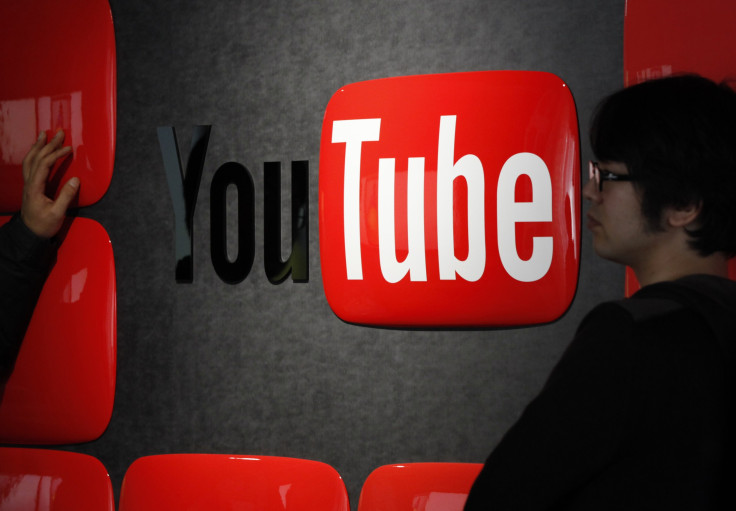Popular YouTube Videos May Be Indirectly Encouraging Drunkenness, Study Finds

Popular YouTube videos focus very little on the negative outcomes of drunkenness, thereby promoting this activity in an indirect manner, a new study finds.
The study was conducted by researchers from e University of Pittsburgh Centre for Research on Media, Technology, and Health (CRMTH). Researchers analysed 70 most popular videos depicting drunkenness on YouTube account with more than 330 million views.
"There has been little research examining Internet-based, alcohol-related messaging," lead author Brian A. Primack, director of CRMTH and assistant vice chancellor for health and society in Pitt's Schools of the Health Sciences, said in a press statement. "While we know that some viewers may be savvy enough to sceptically view music videos or advertisements portraying intoxication as fun, those same viewers may be less cynical when viewing user-generated YouTube videos portraying humorous and socially rewarding escapades of a group of intoxicated peers."
Researchers found that with little portrayal of the negative outcomes of excessive alcohol consumption, these videos may actually be encouraging drunkenness. Other findings revealed that in 79 percent of the videos, alcohol consumption was juxtaposed with humour. In another 24 percent, motor accidents were depicted in the video. The researchers also noted that although 86 percent of the videos showed active intoxication, only 7 percent contained references to alcohol dependence.
The study authors also found that an average of 23.2 "likes" were registered for every "dislike,” and while 89 percent of the videos involved males, only 49 percent involved females.
"This is the first comprehensive attempt to analyze YouTube data on intoxication, and these statistics should be valuable in guiding interventions," said Primack, also a practicing physician. "For example, we know that men tend to report more frequent binge drinking than women and that alcohol use is perceived as more socially acceptable for men. Because they are portrayed more frequently in YouTube videos, it may be useful to target men with future interventions debunking alcohol-related myths propagated on social media."
Findings of the study were published online in the journal Alcoholism: Clinical and Experimental Research. The research was supported by ABMRF/The Foundation for Alcohol Research.
To contact writer, email; sammygoodwin27@gmail.com




















